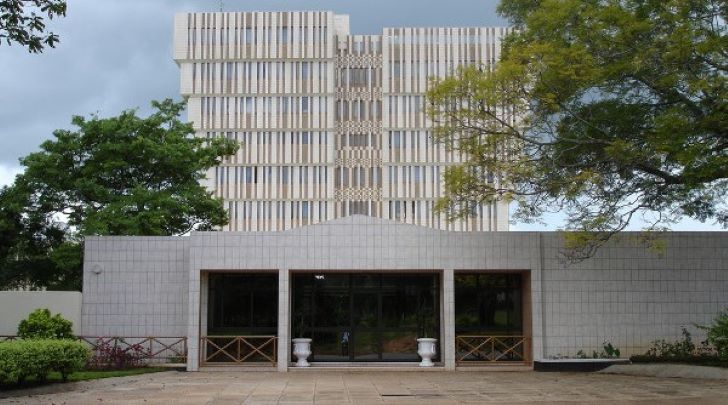
RBM’s Strategic Move: Revitalizing Malawi’s Economy through Innovative Policy Reforms
Key Business Points
- The Reserve Bank of Malawi (RBM) is shifting its approach from controlling demand to ensuring stable supply by incentivizing production to unlock export opportunities, which is expected to boost the country’s economy.
- The new approach aims to promote production and ensure a stable supply on the domestic market, addressing Malawi’s production deficiency, which is seen as the main economic challenge.
- Lowering interest rates is being touted as a key solution to spur private sector production, solve inflation challenges, and stabilize prices, with experts calling for a more favourable interest rate regime to facilitate economic growth.
The Reserve Bank of Malawi (RBM) has announced plans to change its approach from controlling demand to ensuring stable supply by incentivizing production. This shift is expected to unlock export opportunities and boost the country’s economy. According to RBM Governor Macdonald Mafuta Mwale, the new approach represents a move away from solely relying on monetary policy as a price controlling tool to a more balanced approach that promotes production. Mafuta Mwale emphasized that production and exportation are the main challenges facing Malawi’s economy, and that any increase in production would lead to a stable supply on the domestic market.
The governor’s remarks come at a time when development economists are lobbying for a tailored monetary policy stance that prioritizes economic expansion through lowering interest rates. Economist Frederick Changaya described the approach as positive, saying that controlling demand cannot solve the country’s economic challenges. He argued that expansionary monetary stance is needed to spur private sector production and solve inflation challenges from the supply side. Entrepreneur and business advisory firm Grant Thornton Malawi CEO Hastings Bofomo Nyirenda also emphasized the need for lower interest rates, saying that high interest rates are crowding out the private sector and making it difficult for businesses to access capital.
Nico Capital Limited CEO Misheck Esau also stressed the need for cheaper credit to facilitate production and exports. He said that the country’s economy is in a state of stagnation and requires a fundamental shift to achieve growth. President Lazarus Chakwera challenged the RBM to develop tools that ensure financial sector stability and regulation to cushion economic shocks and facilitate economic growth. The current policy rate of 26 percent means that commercial banks’ lending rates are high, ranging from 33 to 35 percent for risky borrowers such as individuals and small-scale businesses. Experts are calling for a more favourable interest rate regime to facilitate economic growth and kuwongolera kwa mphamvu (to boost production) in Malawi.
What are your thoughts on this business development? Share your insights and remember to follow us on Facebook and Twitter for the latest Malawi business news and opportunities. Visit us daily for comprehensive coverage of Malawi’s business landscape.
- Kanyika Niobium Mine Breaks Ground: Fuelling Malawi’s Business Growth - February 12, 2026
- RBM Tightens Grip: K145bn Treasury Decision Impacts Malawi’s Economic Landscape - February 11, 2026
- Malawi Entrepreneurs: Scale Your SME, Strengthen the Economy - February 10, 2026
